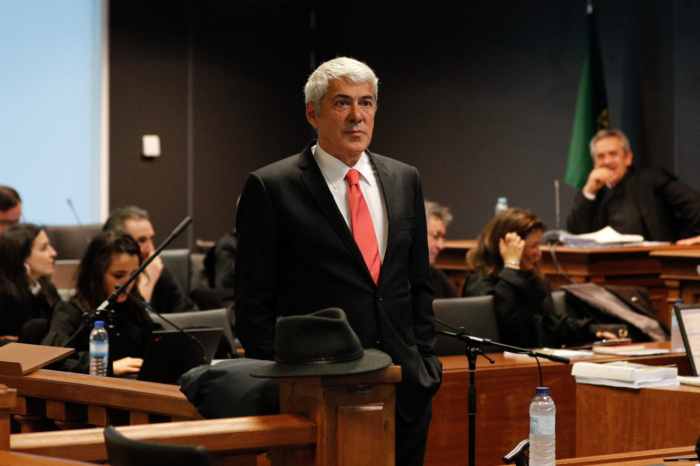Judge Ivo Rosa said that 1.7 million euros ($2 million), much of it in cash, given to Sócrates by a childhood friend who was working for a Portuguese construction company amounted to an attempt to gain influence over the prime minister and win contracts.
Sócrates argued that the money and other assets, such as works of art and the use of an upscale Paris apartment, were loans from his longtime friend.
The forgery charges relate to documentation linked to the payments.
The fact that many payments were in cash and the two men's use of code words in phone conversations when discussing money suggested corrupt acts, but the statute of limitations to prosecute Sócrates on corruption charges has run out, the judge said.
The judge dismissed other allegations of corruption against Sócrates either because of a lack of evidence or the statute of limitations.
Both prosecutors and Sócrates can appeal Friday's ruling.
Prosecutors alleged that Sócrates pocketed around 34 million euros ($40 million) during and after his six years in office between 2005 and 2011.
Sócrates, 63, who was a center-left Socialist prime minister, has denied any wrongdoing.
He was suspected of being at the center of a web of shady corporate interests that paid for his influence to win contracts and gain business advantages in the construction, banking and telecommunications sectors. The charges reportedly run to some 5,000 pages.
The case has gripped Portugal since Sócrates’ arrest at Lisbon Airport in 2014, and the judge took the rare step of allowing Friday’s proceedings to be broadcast live.
More about: Portugal
















































